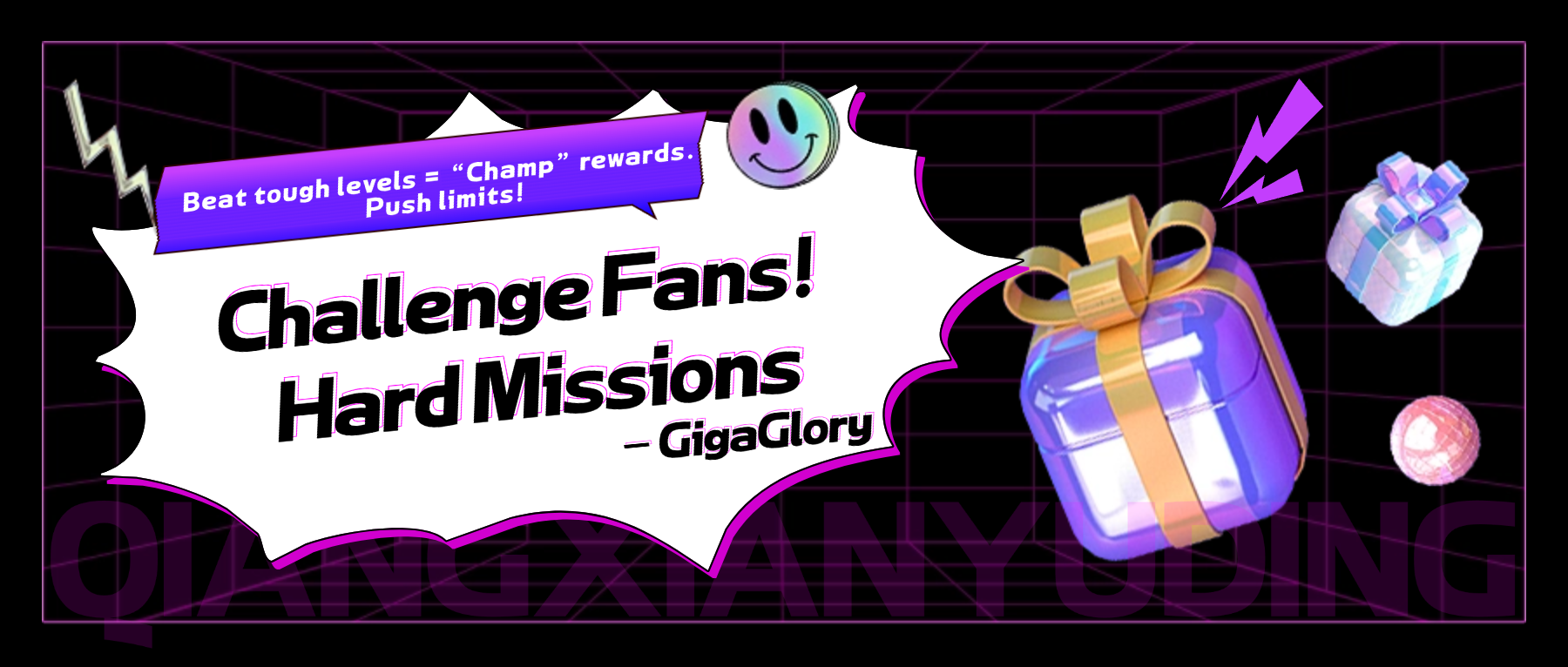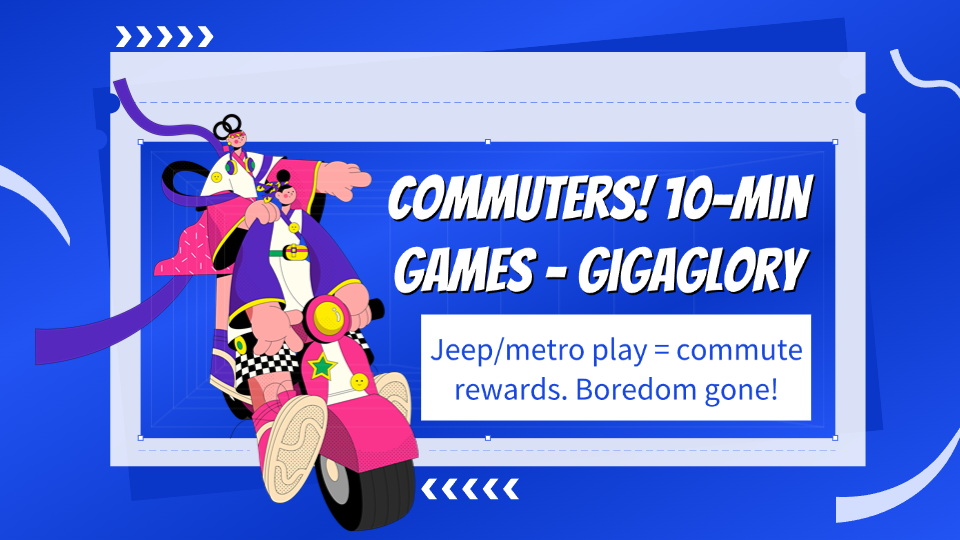How Multiplayer Simulation Games Are Redefining Social Interaction in the Gaming Industry
In recent years, the gaming industry has seen a remarkable transformation, especially with the rise of multiplayer simulation games. With players from different corners of the globe connecting, these games are reshaping how we socially interact. Gone are the days when gaming was a solitary venture; now, it’s a vibrant community of co-op strategies and competition.
The Evolution of Multiplayer Simulation Games
The concept of multiplayer gaming isn't brand new. However, the recent surge in simulation games has taken social interaction to a whole new level. Historically, single-player modes dominated the market, but now titles like "Clash of Clans" and various other best Clash of Clans games have emerged, allowing players to strategize, collaborate, and compete.
Key Features That Enhance Social Interaction
- Cooperative Gameplay: Multiplayer simulation games often encourage players to team up, working towards common objectives which fortify social bonds.
- Real-time Communication: Platforms encourage voice and text chat, significantly enriching player interactions.
- Competitive Dynamics: Friendly rivalries ignite the competitive spirit, forging deeper relationships and engagement.
| Game Title | Players | Social Feature |
|---|---|---|
| Clash of Clans | 2-100 | Clan Wars, Friendly Challenges |
| Delta Force US Army | 8-32 | Team Missions, Strategic Play |
The Impact of Community Play
Multiplayer simulation games foster a unique sense of community. Players are not just clicking buttons; they’re interacting with real people, sharing ideas, and creating friendships. Let's explore some key impacts:
- Stronger Connections: Players often find themselves forming lasting friendships through shared experiences.
- Skill Development: Engaging with others in multiplayer modes cultivates communication and teamwork skills.
- Diverse Perspectives: Interacting with players from various backgrounds enhances cultural understanding.
Challenges Within Multiplayer Environments
While there are numerous advantages to multiplayer gaming, challenges can arise. Issues like toxicity in chat, disparities in skill levels, and communication barriers can hinder the experience. Developers have started addressing these problems by implementing better moderation tools and improving matchmaking systems.
Conclusion
Multiplayer simulation games, epitomized by titles like “Clash of Clans” and “Delta Force US Army,” are not just redefining gameplay; they are revolutionizing how we socially interact in our daily lives. By fostering strong connections, enhancing skills, and introducing players to diverse experiences, these games undoubtedly play a pivotal role in shaping modern social dynamics within the gaming industry. As we proceed, the collaboration and joy in gaming will likely continue to grow, making it an ever-evolving social platform.



